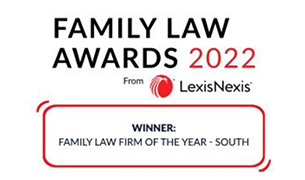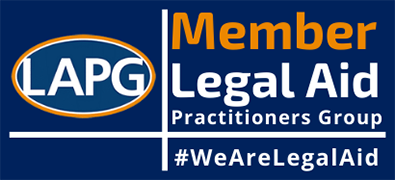Divorce in farming families can be complex and acrimonious. Hannah Porter from The Family Law Company suggests how you can soften the process.
Spring is usually a great time to live and work on a farm – but not so much if your relationship is in difficulty and you’re facing a divorce. Is there anything you can do to protect yourself, your family and your farm? As specialists in divorce within farming families we’ve put together some guidelines to help you understand how you can help yourself.
Who controls the assets?
Determining who controls the assets is very important. Farming cases are complex with different types of assets, business structures, trusts and often multiple generations of families living on the same farm. The court will not want to interfere in third party assets and livelihoods so it’s vital to know who owns what.
Communicate
Start talking early to try to prevent things becoming acrimonious. Be open and honest about the farm assets and land so a compromise can be reached that meets everybody’s needs. It is really important to provide full and frank financial disclosure of all your assets from the beginning – remember that the duty of disclosure is ongoing throughout your case.
Avoid court if you can
Just because you’re going through a divorce and have to separate your financial matters doesn’t necessarily mean you have to go to court. Mediation or arbitration allows you and your spouse to negotiate financial matters in a neutral setting, and the chance to reach a solution that works for you both.
Get professional help
Land and machinery may need to be valued, and if there are businesses owned by you as part of the farm, these will also need valuations. Accountants have an important role to play as there are likely to be tax consequences as a result of separating, selling or dividing assets to arrive at a divorce settlement.
Reaching a ‘fair’ settlement
The court will look at the overall fairness of any settlement reached – but a fair settlement does not necessarily mean each party getting one half of the assets. Courts are incredibly reluctant to make an order that prevents a farm operating viably and will not want to destroy the main source of income. If other members of the family live on the farmland, this too will influence any decision. Usually a court will look for the most practical solution to meet everyone’s needs, perhaps a payment plan to provide money, permission to remain in a farm property until the children reach adulthood or the sale of a section of the farm that won’t affect its viability.
Minimising costs
Take advice from your lawyer and open up a constructive dialogue with your spouse as soon as possible. Legal costs are in farming divorces are high due to their complexity, but if you start talking early, get professionals involved quickly and disclose all the assets, you can keep costs down, ensure a smoother process – and reduce your stress.
Early steps to consider
It’s worth considering a pre-nuptial or post-nuptial agreement to set out your intentions about how you wish your farm and assets to be divided should you divorce. Such agreements are considered highly persuasive by the courts, provided they have been entered into with full disclosure and proper legal advice. And they are quite possibly the best way of insuring against an acrimonious and expensive farming divorce.
Hannah is a solicitor who specialises in family law. If you would like to discuss this article any other family law legal matter then please do get in touch by telephone 01392 421777 or by email [email protected]
Need some advice? Get in touch today
"*" indicates required fields
The information submitted here is used and stored for the purpose of replying to the enquiry. For more information on how we process data please visit our Privacy Policy.









